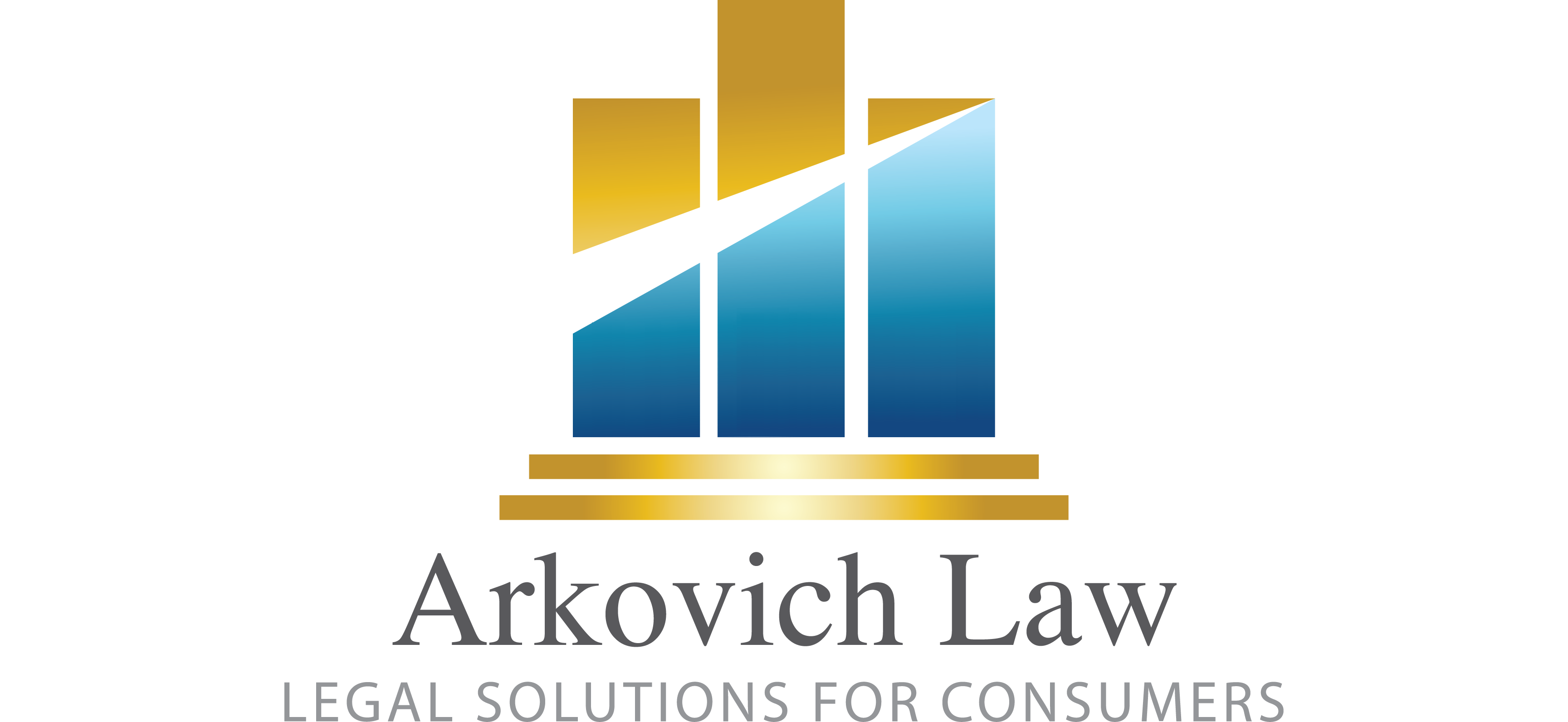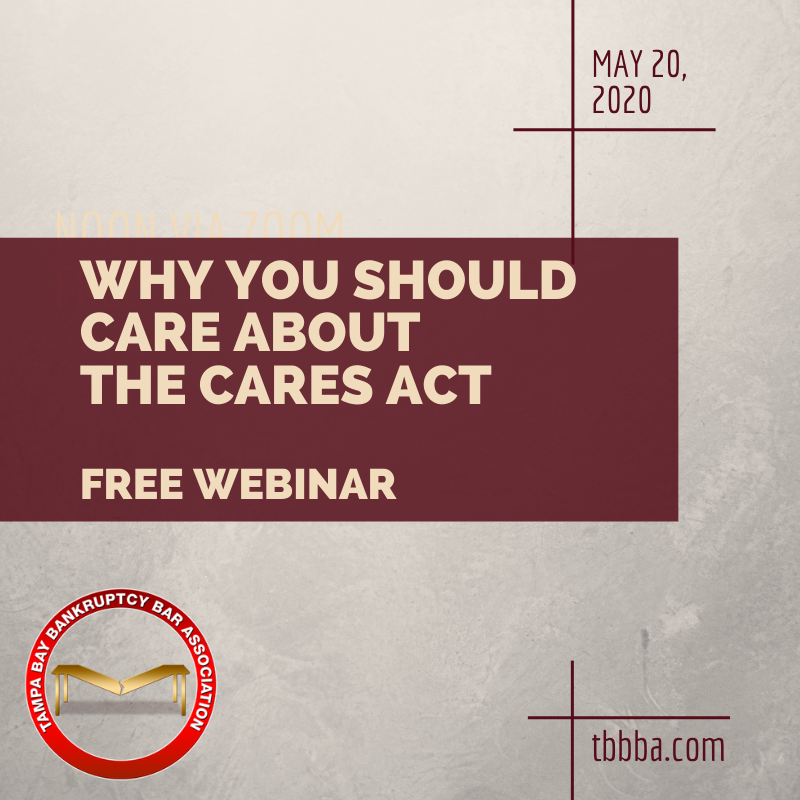A mortgage servicer called a “furnisher” for purposes of credit reporting is responsible for updates to a borrower’s credit report. Many times following a foreclosure, there is a limited time for the lender to seek a deficiency judgment. Here is Florida it is one year. If a year goes by, and the lender fails to seek a deficiency judgment then it waives the amount it is still owed after the foreclosure sale of a home.
Here’s the good news: If a lender fails to report a deficiency as having been eliminated, discharged or abolished, it is then reporting inaccurate information. This inaccurate reporting opens the door to the furnisher’s liability under the federal Fair Credit Reporting Act, 15 U.S.C. Section 1681 et seq., (the “FCRA”) per the Ninth Circuit (California) in a recent case. Gross v. CitiMortgage, Inc., 20-17160 (9th Cir. May 16, 2022).
This case is being compared to a leading contempt case, where the Supreme Court in Midland Funding LLC v. Johnson, 137 S.Ct. 1407, (2017) found that a debt collector who filed a proof of claim in a bankruptcy that was obviously barred by the statute of limitations did NOT engage in false, deceptive, misleading, unconscionable, or unfair conduct so there was no violation of the Fair Debt Collection Practices Act. While this decision involved a different set of circumstances and a different law, it is clear that these two views could be considered as inconsistent.
 Some borrowers run into trouble with their mortgage companies that is not of their own doing. One thing the mortgage servicer likes to say is that it isn’t their problem, the prior servicer handled that – and the borrower is still in default or owes some fee.
Some borrowers run into trouble with their mortgage companies that is not of their own doing. One thing the mortgage servicer likes to say is that it isn’t their problem, the prior servicer handled that – and the borrower is still in default or owes some fee. Reboot Your Life: Tampa Student Loan and Bankruptcy Attorney Blog
Reboot Your Life: Tampa Student Loan and Bankruptcy Attorney Blog


